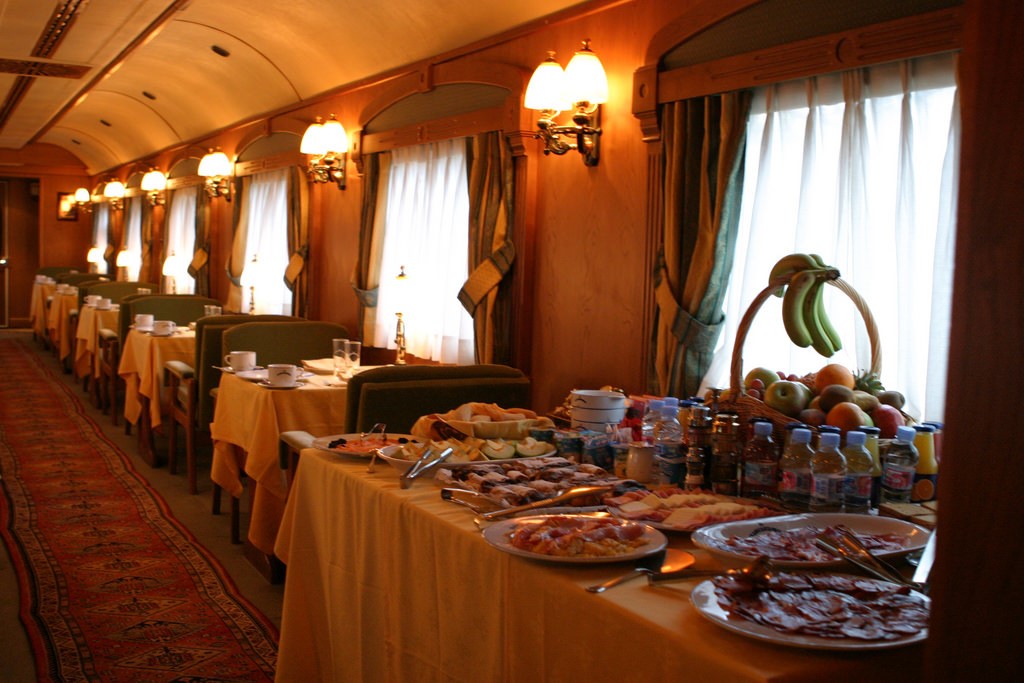How To Maintain Work-Life Balance As a Startup Founder
1. Saying no
I’ve recently understood the power of a simple ‘no’, and drawing boundaries. Relationships formulated on trust and mutual understanding are the ones that take you forward. It is important to remind yourself of why you’re doing a certain job, or why you’d take on a certain client assignment. It needs to add value and not drain you out. There are times where you may choose to say no. Relationships that are trustworthy and strong will not get tarnished by this. Talking to another entrepreneur today, she said simply, “I can’t work with people that I don’t like”.
While this person has been in business for a while, and not every Startup founder can say that (especially when it’s a B2C business), it made me think. We spend a lot of energy trying to convince people of our ideas at times. Sometimes, it is indeed better to stay … READ MORE ...










